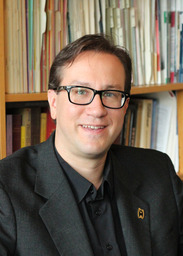Atheist, Humanist, Secular: Why Fight Over Labels?

No matter how you look at it, the nontheist movement in the U.S. is experiencing momentous growth. According to a Harris poll, those who profess no belief in a god is at the highest percentage ever recorded. Atheism as an identity is also becoming more mainstream and even politically acceptable, as seen by the fact that most Americans would now vote for an atheist running for president (something that would not have been possible even a few years ago).
As any movement expands and incorporates the views of individuals who are new, it makes sense that its members are likely to diversify. Such expansion among those who reject ancient texts and divine revelation as sources of knowledge has led to people identifying in many ways while still seeing themselves as part of the nontheist movement. They use labels like humanist, atheist, agnostic, deist, nonbeliever, nonreligious, freethinker, bright, nontheist, skeptic, secularist and more. There are even millions of Americans who retain labels from traditional faith traditions, like Catholic, Jewish or Buddhist, but also state that they don’t believe in an intervening god—as first clearly revealed in the 2008 Pew Religious Landscape Survey.
To read the rest of this Huffington Post column by American Humanist Association Executive Director Roy Speckhardt, click here.
